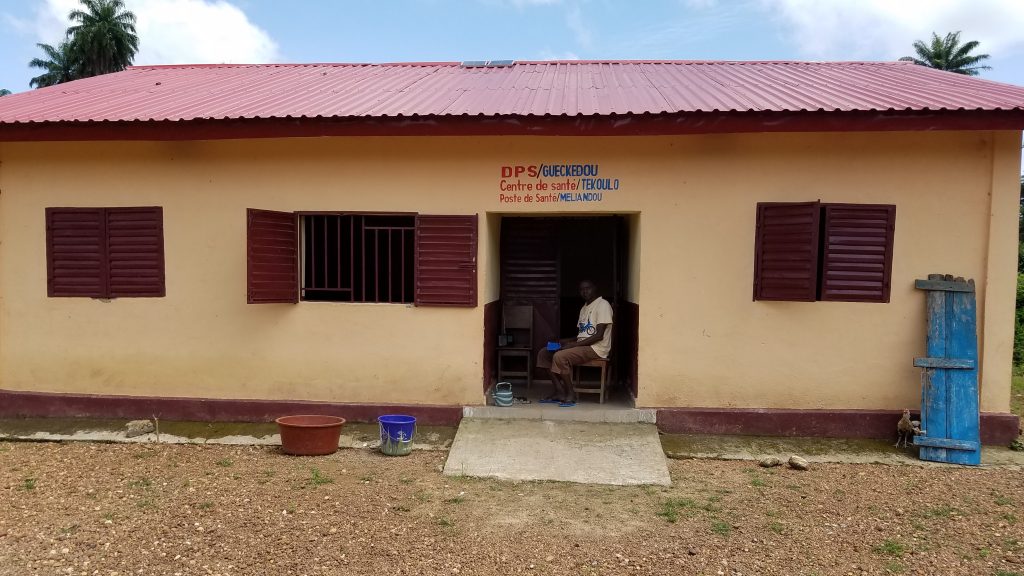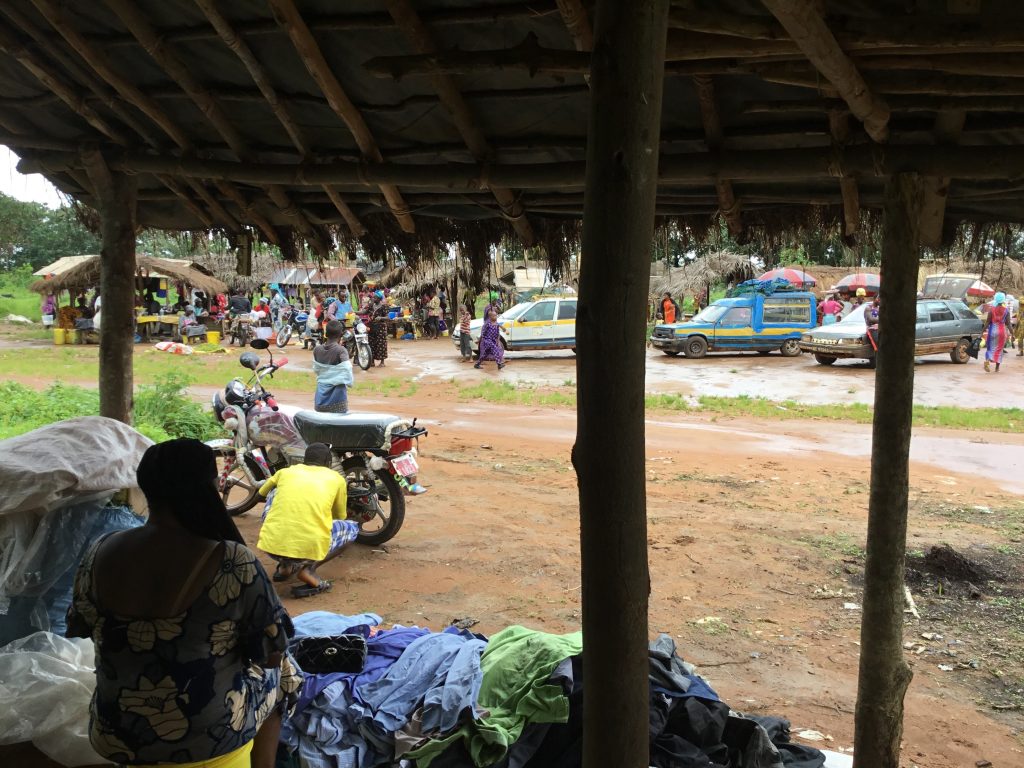イスラーム経済におけるモラリティの理念と実践――マレーシアを事例として――
対象とする問題の概要 イスラーム経済においては、利子や不確実性を回避する金融取引とともに、共同体内での社会福祉の役割が強調されてきた。マレーシアは、21世紀のイスラーム金融をリードするイスラーム金融先進国であるが、イスラームの本来の理念か…

First reported in the small village of Meliandou in Guinea, the 2014-2016 Ebola outbreak in West Africa was the largest, longest, and deadliest Ebola outbreak since the first epidemic in 1976. Ebola epidemics on the African continent over the last four decades have raised concerns about the development of mistrust, tension, social resistance, and threats within local communities.
The Ebola epidemic in West Africa constituted one of the most exceptional public health crises of recent decades, eliciting a coordinated international response aimed at halting the spread of the virus, a measure requiring a significant mobilization of human resources, logistics, and funding. This outbreak generated huge socioeconomic consequences in rural areas in the most affected countries.
The objective of this study is to assess the impacts and consequences of the Ebola outbreak in rural Guinea, by further analyzing the local context of the Ebola outbreak, as well as examining how socio-cultural religious practices contributed to the disease’s wide spread in the country.

According to the plan for this fieldwork, I visited three cities, Conakry, Forecariah, and Gueckedou, where I conducted various activities. In Conakry, for instance, I was able to visit the Agence National de la Securite Sanitaire (ANSS), created right after the end of Ebola outbreak in 2016 to monitor at the national level all potentially epidemic diseases, including Ebola, cholera, measles, yellow fever, and others. I was able to collect data on the current status of recent epidemics and on the functioning of the surveillance system at the national level.
I also visited the Réseaux National des Associations de Survivants d’Ebola en Guinée (RENASEG), which is the national network of Ebola survivors’ associations, and I collected data through interviews and discussion with office staff and some Ebola survivors.
I visited the village of Tana (Forecariah) where, using hand tally counters, I collected numerical data on the number of people who attended the weekly market during my stay in the village. In addition, I obtained data on the number of patients who attended Tana’s clinic in the last three years (2015, 2016, and 2017), which corresponds to records of patients who attended the clinic before, during, and after the Ebola outbreak in the village.
In Meliandou (Gueckedou), data were collected on the recent migratory patterns of young people. Field surveys in the village show that there has been an exodus of youths to urban areas for economic reasons. According to respondents, this phenomenon accelerated recently. Continuous migration has negative impacts on community life, and beyond decreasing the population, it is also causing a gradual decline of intra-community assistance.
For further perspective, I am planning to expand upon this research in the near future. I intend to research the consequences of the spread of Ebola amongst people of the female gender in rural Guinea from a social and anthropological point of view. I will conduct this research to elucidate one of the main findings of previous field studies, in which there was conclusive evidence that Ebola likely affected a greater number of women than men.
Copyright © 附属次世代型アジア・アフリカ教育研究センター All Rights Reserved.